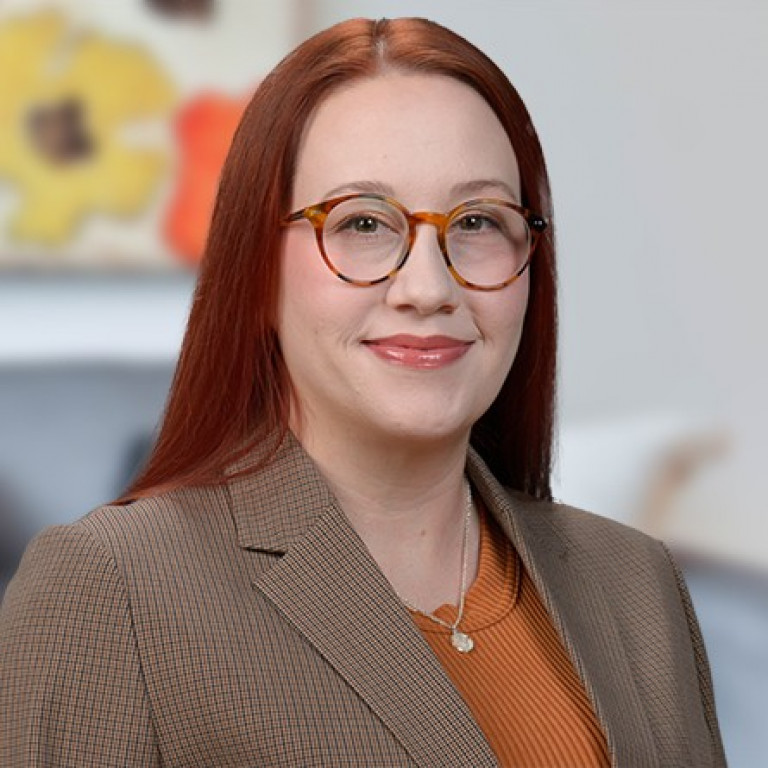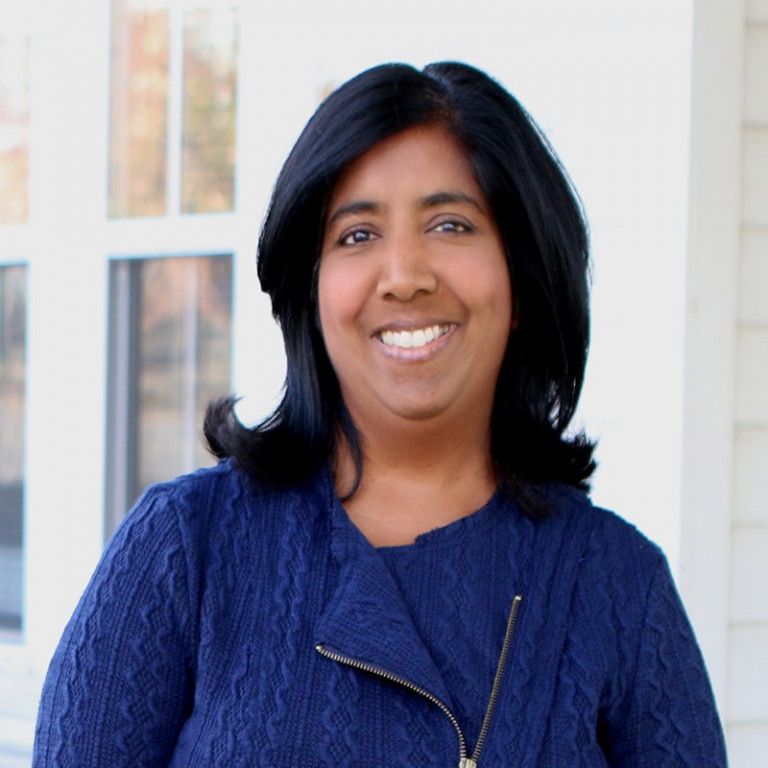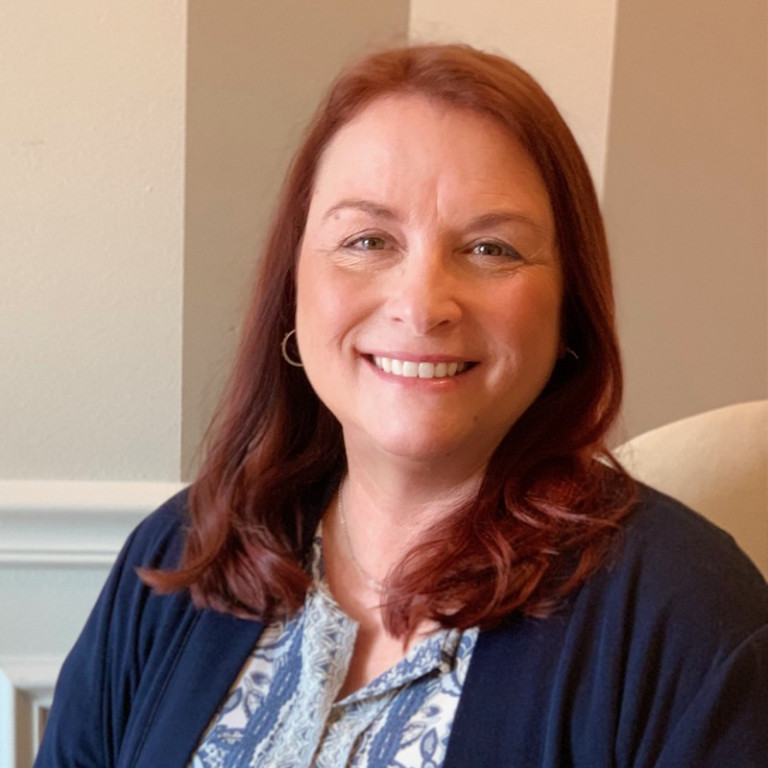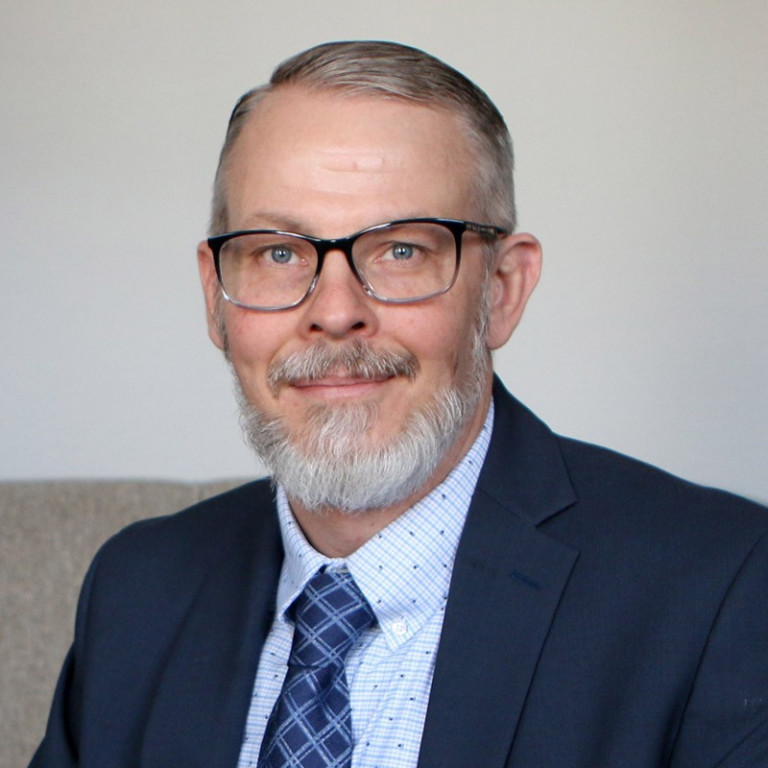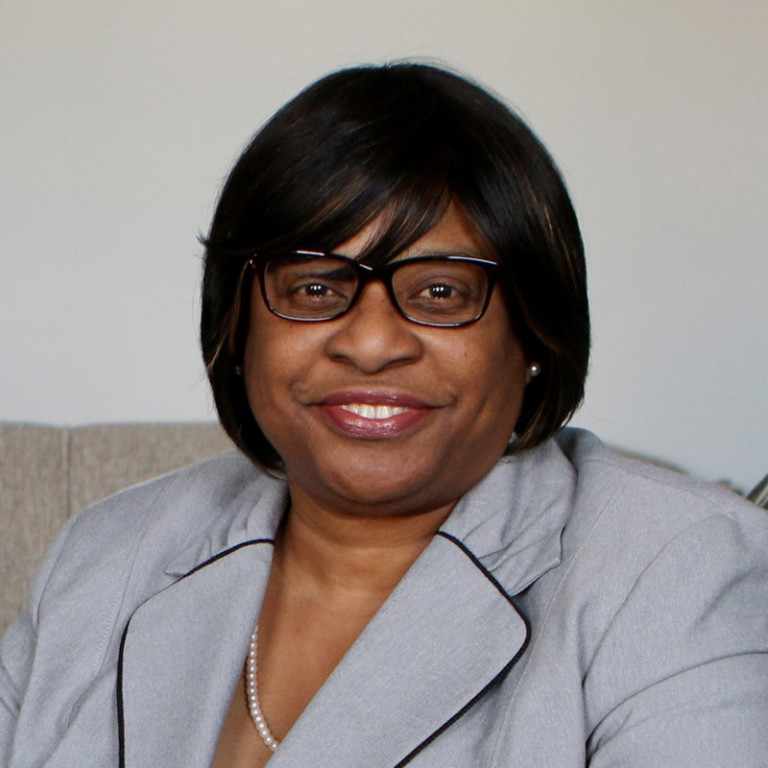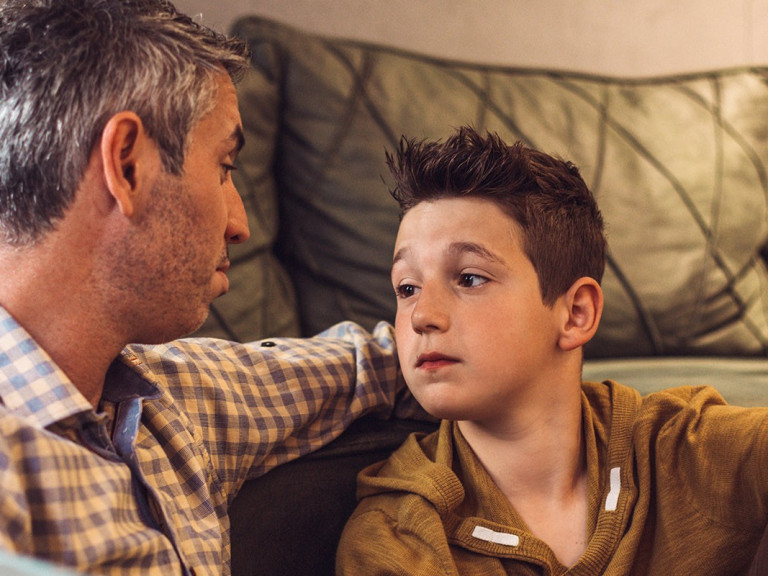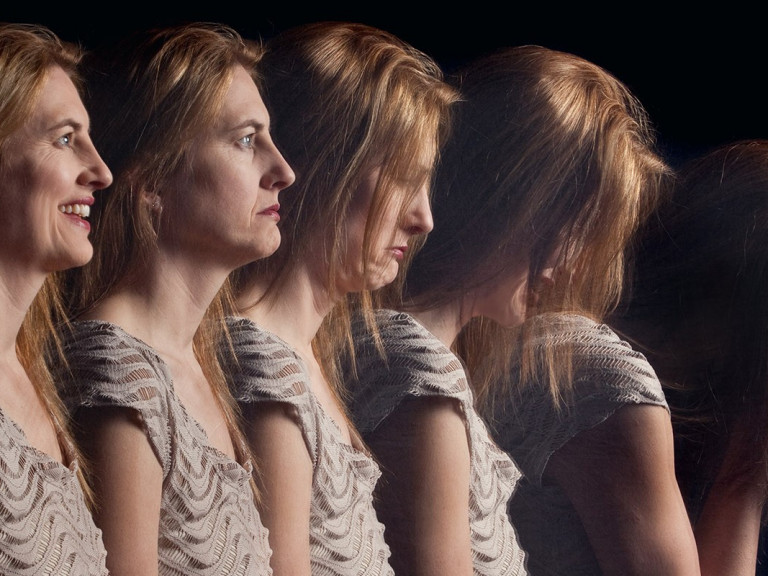LGBTQ+ Friendly Therapy and Counseling
There are a lot of buzzwords out there surrounding the LGBTQ+ community. What does it mean to have an LGBTQ+-friendly therapist? If you are part of the LGBTQ+ community, how do you find a therapist that makes you feel comfortable and supported?
At Goodman Psychologist Associates, we have a team of mental health professionals well-versed in working with the needs of many different clients. Here's why you may seek an LGBTQ+-friendly therapist and how to find one.
Are the Needs of LGBTQ+ People Different?
As a person in the LGBTQ+ community, you may face mental health issues (as do all humans). With about 7.5% of the population in the LGBTQ+ community and about 1 in 5 adults living with some form of mental illness, there will logically be a natural overlap.
That said, mental disorders, such as depression, bipolar disorder, anxiety, or ADHD, aren't the only reason someone might seek counseling or cognitive behavioral therapy. Life changes and challenges like relationship difficulties, job stress, and parenting questions also call for therapy, mental health services, and support. At one point or another, almost everyone benefits from some unbiased guidance.
For the LGBTQ+ community, the reasons for seeking therapy are primarily the same. A person's gender identity, sexual or romantic orientation might not be a source of personal distress. However, people who are lesbian, gay, bisexual, transgender, queer, questioning, asexual, or any other orientation or gender identity may face social stigma living as a minority. The stigma can become an additional source of stress and anxiety.
Some of the mental health care needs and issues facing the LGBTQ+ community include those issues that arise from bullying and abuse. Self-harm and suicidal ideation are unfortunately prevalent among LGBTQ people, particularly among LGBTQ+ youth. Navigating these waters can be challenging for teens and young adults as they discover themselves. Family therapy can benefit communication between teens and parents in a safe space. Individual therapy can also help explore the unique challenges that a queer person faces.
It's essential for everyone—no matter their age—to find a safe space where you feel comfortable sharing your thoughts, feelings, and emotions. As you work toward well-being, a trusted therapist can assist you on your journey—trust is one of the most important words. Some members of the queer community may have experienced situations in the past where their sense of safety and trust was damaged. It can make it hard to open up and allow yourself that vulnerability again, even in a non-judgmental space.
Despite growing cultural acceptance of diverse sexual and romantic orientations and gender expression and identification, discrimination and marginalization of LGBTQ+ people still very much persist. Coping with this oppression and discrimination can be difficult and painful.
Coming out to one's family and unpacking the feelings surrounding those relationships, as well as nurturing an authentic sense of self in the face of social pressures, can lead to feelings of depression, anger, anxiety, substance abuse, and other mental health concerns for LGBTQ people. It's important to know that mental healthcare professionals are available to see you through a difficult time and offer a safe environment to help you work toward mental well-being. Everyone is deserving of healthy relationships, happiness, and support.
Talking to a Therapist who Understands LGBTQ Issues
Many of the concerns and life challenges LGBTQ+ people bring to therapy are shared among all humans. All couples argue over similar topics—money, sex, the in-laws, spending quality time together—and all people face the same daily stressors like low self-esteem, workplace concerns, and life’s pressures. Sometimes, people need a family therapist, while others respond well to group therapy. For other situations, an individual therapist might be a good fit.
One of the best ways to find the right LGBTQ therapist, whether for individual counseling or group therapy sessions, is to reach out and start the conversation. Our LGBTQ-friendly therapists offer a safe place to explore your feelings and discover your authentic self. We can help you find the right fit for your specific issues and concerns.
Mental Health America, along with the Human Rights Campaign, provides a screening tool that can help people ask their mental health providers the right questions when they start. These questions are a nice resource to help with the challenges of finding a provider to support and align with your identity. The tool is specially designed to help queer and trans Black, Indigenous, and people of color (QTBIPOC) find a successful therapy match, as they can often face additional barriers to care.
Finding a therapist who helps cultivate a comfortable space is crucial to care. Much of therapy is about opening ourselves up to share our feelings and allowing ourselves to be vulnerable in a safe, nurturing, accepting environment. For some people, that means they may not "click" with every therapist, and that's okay. It's important to find someone you like so you can build a strong rapport.
Goodman Therapists Offer Support and Insight
At Goodman, we have therapists who specialize in LGBTQ+ issues and concerns. We have hosted special workshops and groups where people can feel safe and open to sharing. Some of our therapists also have resources with specialty clinics. Our therapists have extensive experience to offer support and insight.
Your sexual orientation and romantic orientation, as well as gender identity, are part of your own personal journey in life. Deciding about concerns like when and how to come out to people or navigating personal relationships is easier when you have someone to listen to you and understand your life experiences.
There are also many current events that can be upsetting and painful. Topics in the news and on social media can feel personal and hurtful. You may feel unsafe and scared. At Goodman, we want to create a space of acceptance and love where you can share and feel safe. Our therapists also help clients become aware of their rights and the protections available to them. Whenever possible, we help our clients take steps toward a safer space of well-being, whether that means something as simple as working with health insurance or a more complex concern.
It's important to find the best fit when seeking therapy, whether for issues associated with one's sexual or gender identity or for other concerns related to mental health. At Goodman, our qualified mental health providers have the familiarity and experience to help you with these challenges so you can live your truth. Reach out or schedule an appointment online today.
